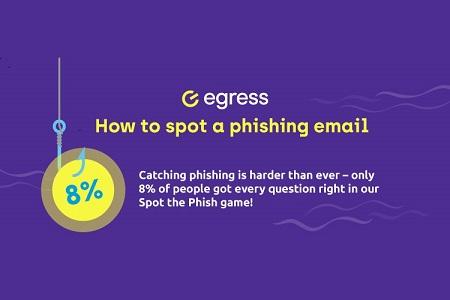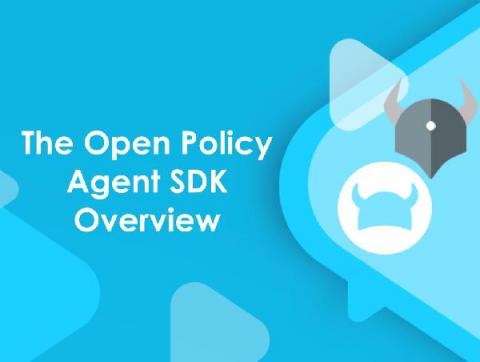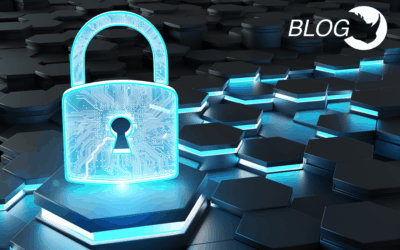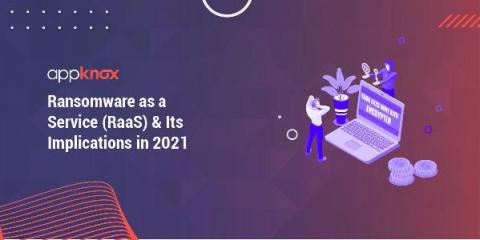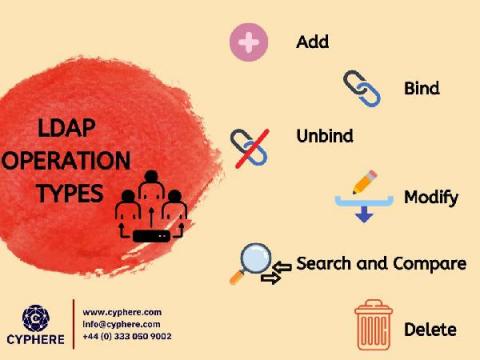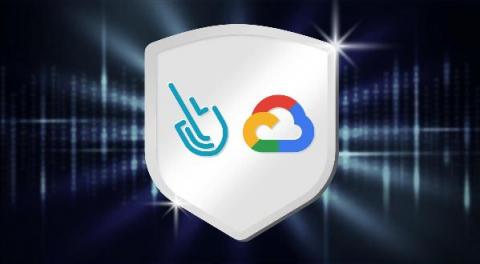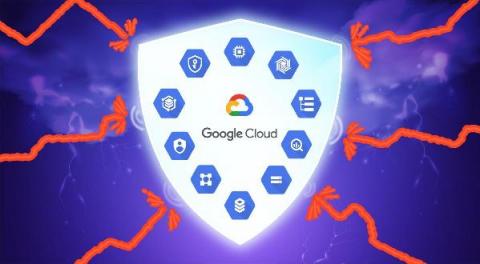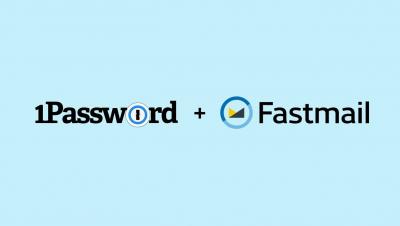Security | Threat Detection | Cyberattacks | DevSecOps | Compliance
Security
What is Cyber Incident Reporting for Critical Infrastructure Act of 2021?
On August 27, 2021, the US House Homeland Security Committee released a draft bill that would update the Homeland Security Act of 2002. This proposed bill seeks to establish a Cyber Incident Review Office and publish an interim rule that would outline procedures for reporting cybersecurity incidents.
Considerations when choosing an XDR solution
Cybersecurity is a fast-moving space. In fact, it’s hard to think of a time that security has been moving more quickly. As we continue to move into the cloud, work from home, and otherwise continue the digital transformation of our businesses, additional capabilities are needed as new threats are discovered.
The Open Policy Agent SDK Overview
Authorization is a critical part of developing any application. When building an app, at some point you will want to control the data and views that a user or system has access to, and one way you can do that is by writing authorization directly into your app. However, over time this can be challenging to manage because when you make changes to your authorization policies you also need to make changes to the application.
Learn How to Detect and Manage External Exposure Risks
The escalation of cyberattacks since early 2020 is requiring many companies to strengthen their security operations. Adversaries are taking advantage of new attack vectors – like IoT devices, insecure remote access mechanisms, and the multiple personal and work devices users now move between. They’re also leveraging human vulnerabilities, impersonating trusted colleagues and third parties to infiltrate organizations.
Ransomware as a Service (RaaS) & Its Implications in 2021
2021 has witnessed a surge of ransomware attacks. Also, the attackers are targeting businesses that are critical to the public infrastructure, such as oil pipelines and international meat producers. Further, the demands for ransom have increased and the cost of clean-up has also doubled over the last year. There are two major reasons for this sudden spike in ransomware attacks: Like SaaS, RaaS also has a flexible business approach.
What is LDAP Server? How does it work?
The Lightweight Directory Access Protocol (LDAP) is a cross-platform vendor-neutral software protocol used for directory service authentication. For simplicity, imagine the LDAP server as a comprehensive virtual phone book. The phone book gives access to an extensive directory of contact information for hundreds of people. Using LDAP, it is easy to search through the phone book and find whatever information is needed.
Secure DevOps on Google Cloud: Reduce cloud and container risk
Google Cloud is helping businesses build and deploy apps faster than ever before, but at the same time, cloud teams must consider how to implement secure DevOps practices to avoid risk. We’re partnering with Google Cloud to provide security solutions to cloud teams to simplify safeguarding cloud and containers. Today, we announced our collaboration with Google Cloud.
How to meet 24 Google Cloud Platform (GCP) security best practices using open source Cloud Custodian and Falco
You’ve got a problem to solve and turned to Google Cloud Platform to build and host your solution. You create your account and are all set to brew some coffee and sit down at your workstation to architect, code, build, and deploy. Except… you aren’t. There are many knobs you must tweak and practices to put into action if you want your solution to be operative, secure, reliable, performant, and cost effective.


